New Scientist covers the latest developments in science and technology that will impact your world. New Scientist employs and commissions the best writers in their fields from all over the world. Our editorial team provide cutting-edge news, award-winning features and reports, written in concise and clear language that puts discoveries and advances in the context of everyday life today and in the future.
Elsewhere on New Scientist
Boost from within • When preparing for pandemics, let’s not forget our own immune systems
New Scientist Australian Edition
Visitor from the outer reaches • A green comet usually found on the outskirts of the solar system has made its closest pass by Earth since the Stone Age, reports Leah Crane
Parental care may shape evolution • Animals that care for their young accumulate more genetic mutations in the population, which could have positive and negative consequences, reports Michael Le Page
DeepMind AI is as fast as humans at solving previously unseen tasks
Fishing partnership benefits dolphins and humans
Supernovae might be a good cue to hunt for alien signals
‘Love hormone’ not crucial for social bonding after all
Complex life began with teamwork • Brief alliances between simple organisms may have driven the evolution of multicellular ones
Bigfoot sightings rise where black bears are abundant
Tiny metal robot can melt its way out of tight spaces to escape
No-flicker flames could make engines more efficient
Analysis Health • Taxing sugary drinks is no sweet solution New evidence supports sugar taxes as a way to reduce childhood obesity, but the issue is more complicated than it seems, says Clare Wilson
How covid-19 affects the brain • The coronavirus can cause neurological symptoms. Research is starting to reveal how they occur and if they are treatable, reports Michael Marshall
Earth’s ‘thermostat’ can’t save us • Rock weathering historically kept the climate stable, but it won’t keep up with our emissions
ChatGPT can find and fix the bugs in computer code
Why ‘alcohol flush’ gene variant raises heart disease risk
Forbidden planet somehow escaped being eaten by star
Bats swabbed for viruses • Researchers are hunting for pathogens that could jump into humans
Wi-Fi signals can show how you’re standing
Device can image heart as you run
Synthetic skin better than the real thing
Dogs can tell if we mean well or if we are teasing them
Really brief
Altered images • Deepfakes are here to stay in film and TV. We need to accept that and deal with the legal and ethical implications, says Bethan Ackerley
Field notes from space-time • A matter of state Statistical mechanics helps relate the quantum world to objects that seem solid and not governed by observation, but questions remain, says Chanda Prescod-Weinstein
Woolly jumpers
Your letters
The net tightens • The chilling story of the world’s most powerful spyware program should teach us that no one is safe from such systems. But will it, asks Simon Ings
A modern guide to sex • An authoritative yet user-friendly sexual behaviours manual is welcome. Shame about the lack of sex appeal, says Elle Hunt
Don’t miss
The sci-fi column • In the footsteps of giants Arch-Conspirator sees Veronica Roth retell Sophocles’s 2500-year-old Greek tragedy Antigone as a deceptively simple slice of science fiction. The result reminds us that human nature is timeless, says Sally Adee
Unleash your immunity
FOODS TO MAINTAIN A HEALTHY IMMUNE SYSTEM
GET TO KNOW YOUR IMMUNE SYSTEM
Murderous mongooses • Banded mongooses may look cute, but they have a propensity for extreme violence...
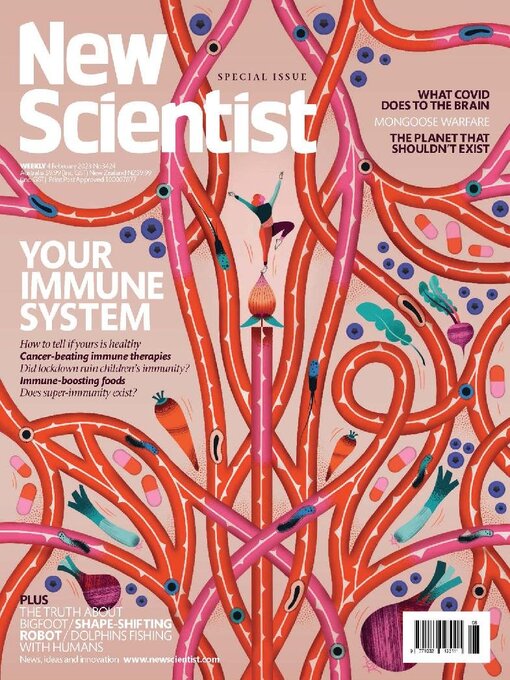
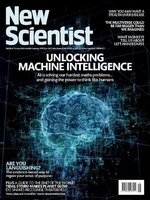 Apr 13 2024
Apr 13 2024
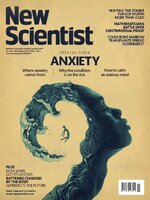 Apr 06 2024
Apr 06 2024
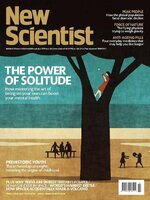 Mar 30 2024
Mar 30 2024
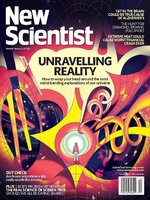 Mar 23 2024
Mar 23 2024
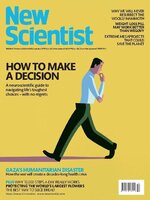 Mar 16 2024
Mar 16 2024
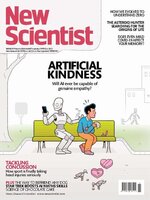 Mar 09 2024
Mar 09 2024
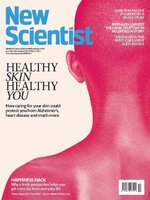 Mar 02 2024
Mar 02 2024
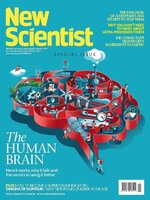 Feb 24 2024
Feb 24 2024
 Feb 17 2024
Feb 17 2024
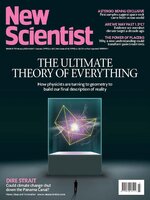 10 Feburary 2024
10 Feburary 2024
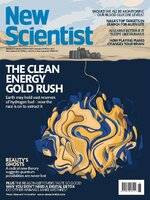 Feb 03 2024
Feb 03 2024
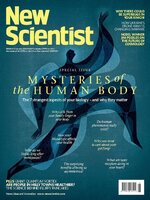 Jan 27 2024
Jan 27 2024
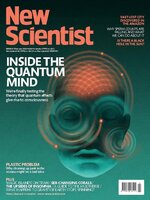 Jan 20 2024
Jan 20 2024
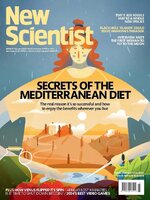 Jan 13 2024
Jan 13 2024
 Jan 06 2024
Jan 06 2024
 Dec 30 2023
Dec 30 2023
 Dec 16 2023
Dec 16 2023
 Dec 09 2023
Dec 09 2023
 Dec 02 2023
Dec 02 2023
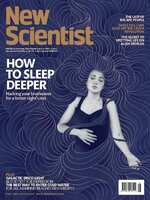 Nov 25 2023
Nov 25 2023
 Nov 18 2023
Nov 18 2023
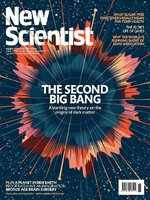 Nov 11 2023
Nov 11 2023
 Nov 04 2023
Nov 04 2023
 Oct 28 2023
Oct 28 2023
